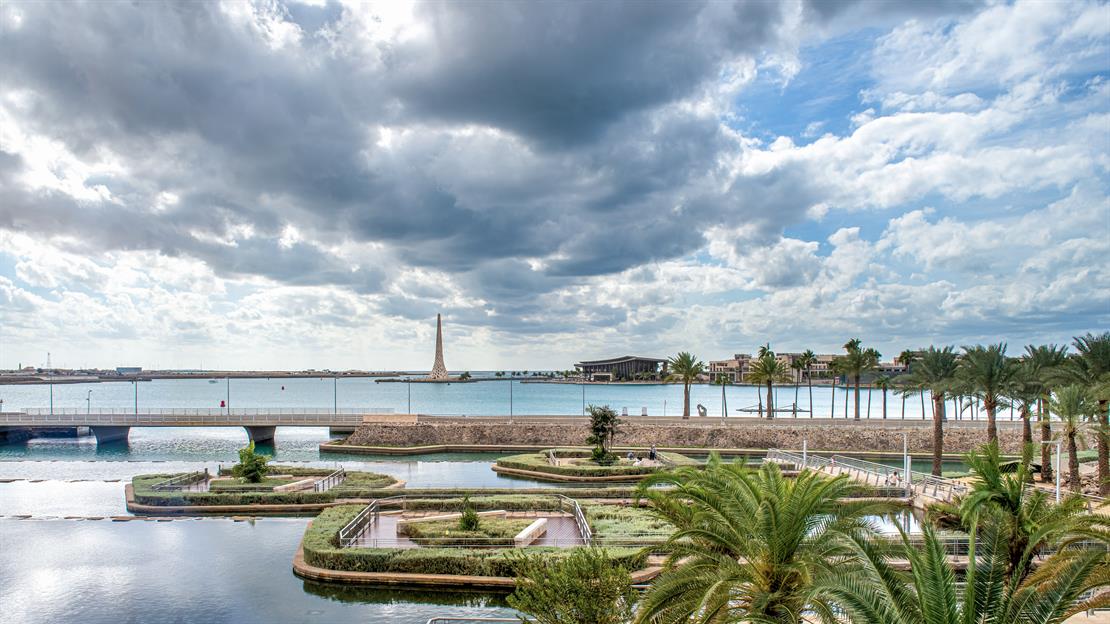

Micro-perforated membranes: versatile embodiments of non-1D-transport concept
08:40 AM
Raman micro-spectroscopy for the study of concentration polarization in the presence of biofouling in pressure driven membrane systems
09:10 AM
3D concentration polarization modelling: diffusion/convection/electromigration/ion-pairing
09:30 AM
Fundamental aspects of the solution-friction model for ion and water transport in membranes
10:40 AM
Rate-Limiting Ion Transport Mechanisms in Nanoporous Polymer Membranes: Dehydration or Electrostatics?
11:30 AM
Controlling ion transport in thin film composite (TFC) and ion exchange membranes to enable the use of impaired (salty) water in electrolyzers
12:10 PM
Chasing the Theoretical Maximum Ionic Conductivity of Ion-Exchange Membranes
02:00 PM
Modeling Ion Transport across Polyamide Membranes during Saltwater Electrolysis
02:30 PM
Time-Dependent 2-D Model for Transport of Species Analysis in Electrodialysis: Concentration Profiles and Fluxes
02:50 PM
The Physical Basis of Water Transport in Reverse Osmosis Membranes: Solution-Diffusion or Pore-Flow Mechanism?
03:10 PM
Applications of CFD to spacer-filled channels for membrane processes
08:30 AM
Modelling and simulation of the flow in spacer-filled channels considering the consequences of membrane deformation at high-pressure operation
09:00 AM
Membrane deformation and its impact on the flow-field in Reverse Osmosis permeate channels
09:20 AM
Advancing Design of Water Treatment Membranes through Molecular Simulation and Machine learning
10:40 AM
How do proton-transfer reactions affect current-voltage characteristics of anion-exchange membranes in salt solutions of a polybasic acid?
11:10 AM
Can nanofluidic systems be described by a simple electrical circuit?
12:10 PM
Impact of molecular interactions on solvent dynamics in polymer membranes
02:00 PM
Electrically conductive membranes: synthesis, mechanism of action, mathematical modelling, and applications
02:30 PM
Hybrid affinity-based modelling of organic solvent nanofiltration
02:50 PM
A comparative study of Membrane-Based Technologies (MCDI and ED) for ion selectivity: evaluating performance and efficiency
03:10 PM
Model-based analysis and optimization of organic solvent nanofiltration processes for pharmaceutical applications
03:30 PM
Using temperature gradients to increase selective transport through ion exchange membranes
04:20 PM
Removal of charge pH-dependent solutes in membrane-based water technology – theory and applications
04:50 PM
On the ions diffusion in ion exchange membranes: an ab-initio multiscale model
05:10 PM